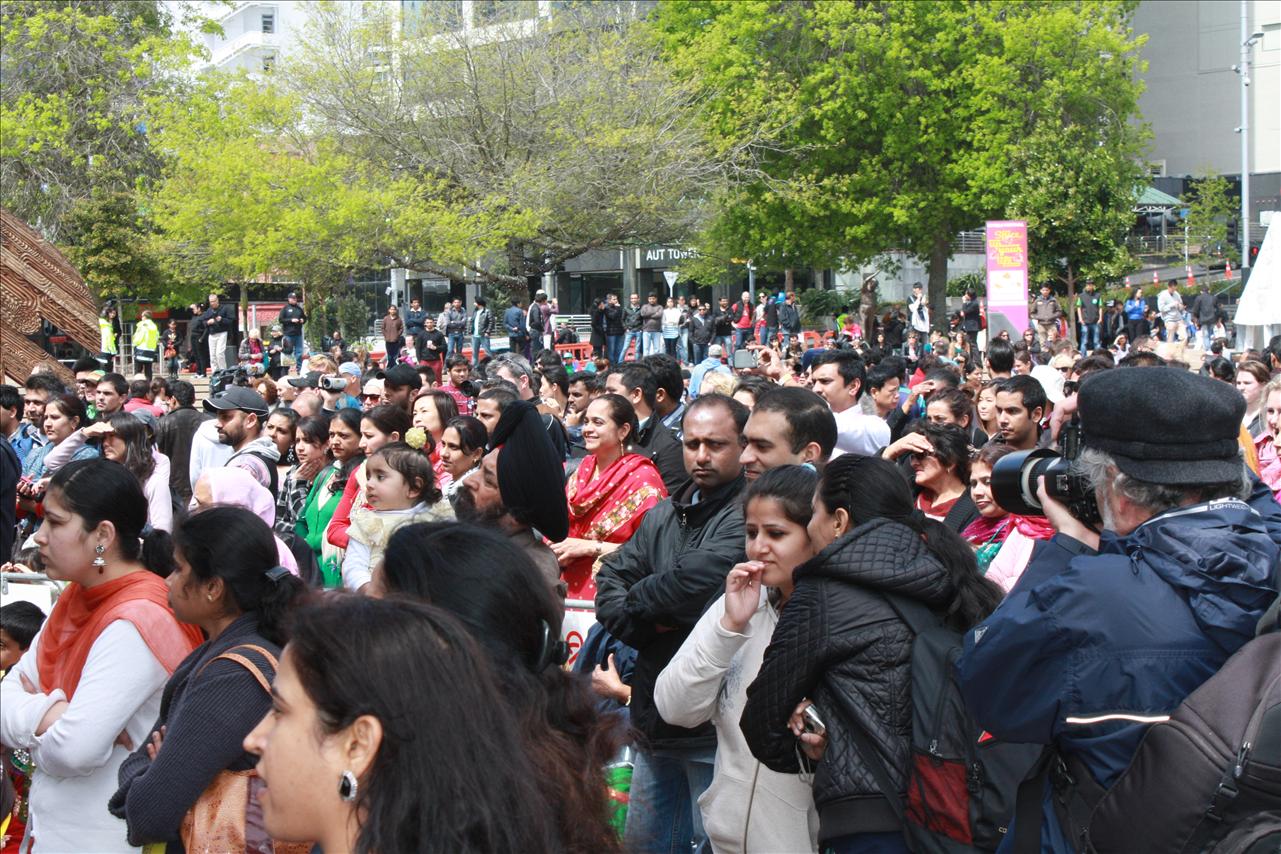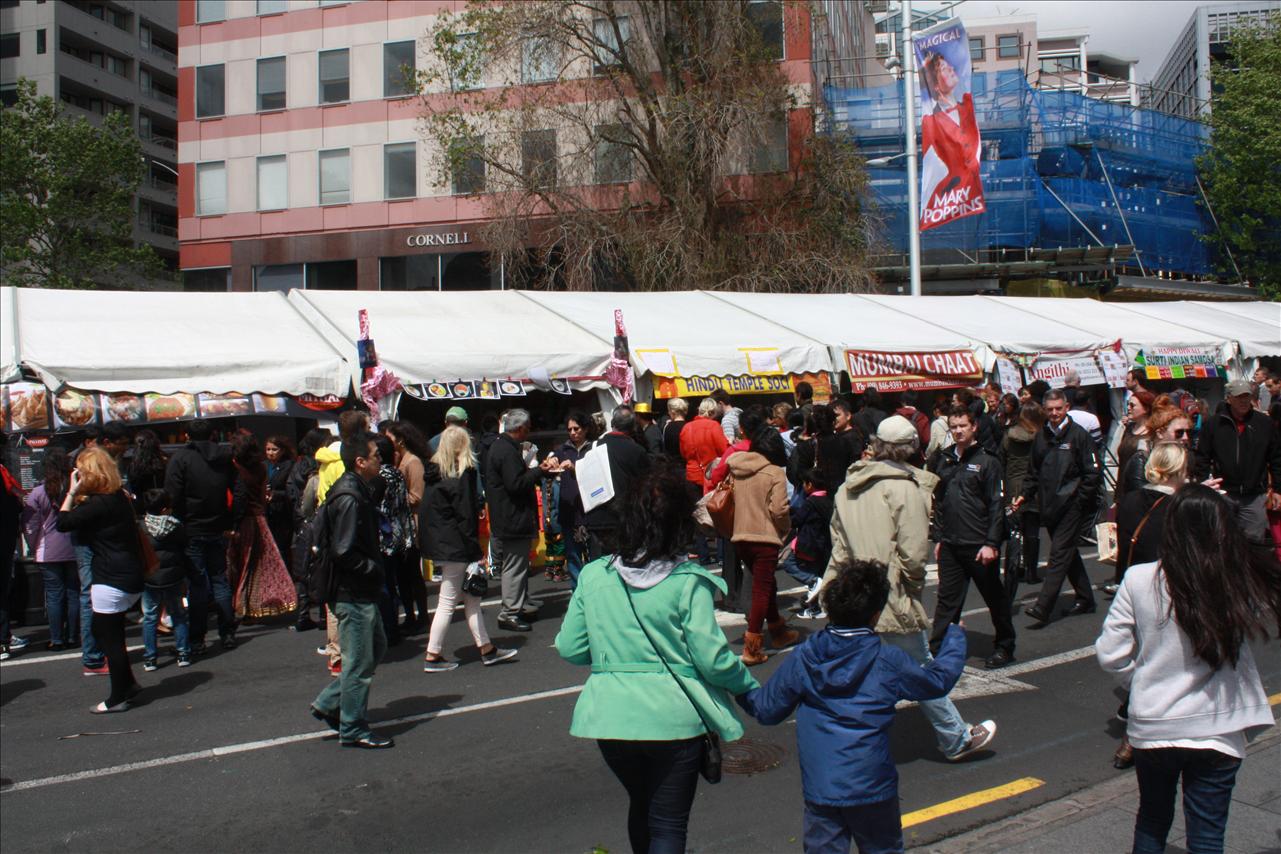There can be little doubt that Diwali is not just a celebration of one of the most important religious events in the Hindu calendar, but is also a celebration of cultural diversity of 21st century New Zealand.
Diwali celebrations began in Rotorua on October 6, five-and a half weeks before the actual Diwali day (November 13).
On October 13 and 14, Auckland had its major Asia NZ Foundation Diwali celebration, which was attended by thousands of people of all cultures and ethnicities.
I am aware of at least another ten significant celebrations throughout the country. This does not take account of the many thousands of Diwali celebrations planned in people’s homes, especially during the actual Diwali week.

Varied significance
As with other Indian festivals, Diwali signifies many different things to people across India. In North India, Diwali celebrates Lord Rama’s homecoming to Ayodhya after 14 years in exile, his defeat of Ravana and his coronation as King.
In Gujarat, the festival honours Lakshmi, the Goddess of Wealth and in Bengal, it is associated with the Goddess Kali, the Destroyer of evil.
In South India Diwali is celebrated over the defeat of demon Narkasura by Lord Krishna.
Diwali Day is also important to the Sikhs and Jains.
On Diwali day in 1619, the sixth Guru of the Sikhs, Guru Hargobind Singh Ji, who was imprisoned by the Mughals, was freed along with 52 Kings from Gwalior Prison. The famous icon of the Sikhs, the Golden Temple in the city of Amritsar was lit to mark the occasion and this tradition continues until today.
Jains celebrate Lord Mahvira’s reaching Nirvana.
Some Buddhists also celebrate Diwali by decorating their monasteries, chanting of mantras and remembering Emperor Ashoka, who is said to have converted to Buddhism on this day.
Diwali usually takes place 18 days after Dassera, which is the end of the nine-day Hindu festival of Navaratri. This year Navaratri began on October 13.
Consequently, in a strict sense, it is too early to wish people Happy Diwali and some people will wait for 18 days after Dassera to begin celebrations.
We should be mindful of this fact and act accordingly.
Nevertheless it is never too early to celebrate the messages of Diwali.
 Many messages
Many messages
Diwali has many messages including new beginnings, a time to seek forgiveness for past mistakes, celebrate victory over evil, light over darkness, knowledge over ignorance, the end of harvest, and a time for joy and togetherness.
These are very powerful messages for any migrant community and serves as a metaphor for the challenges we must also successfully meet in our adopted homes. It gives us a wonderful opportunity to showcase ourselves as Hindus and Indians to our neighbourhoods, communities and friends.
It also gives all New Zealanders the opportunity to acknowledge this community and the competitive advantage they represent in New Zealand’s relationship with India and Asia.
I wish you all Shubh Diwali (for November 13, 2012).
Dr Rajen Prasad is Member of Parliament on Labour List and the Party’s Ethnic Affairs spokesman.






